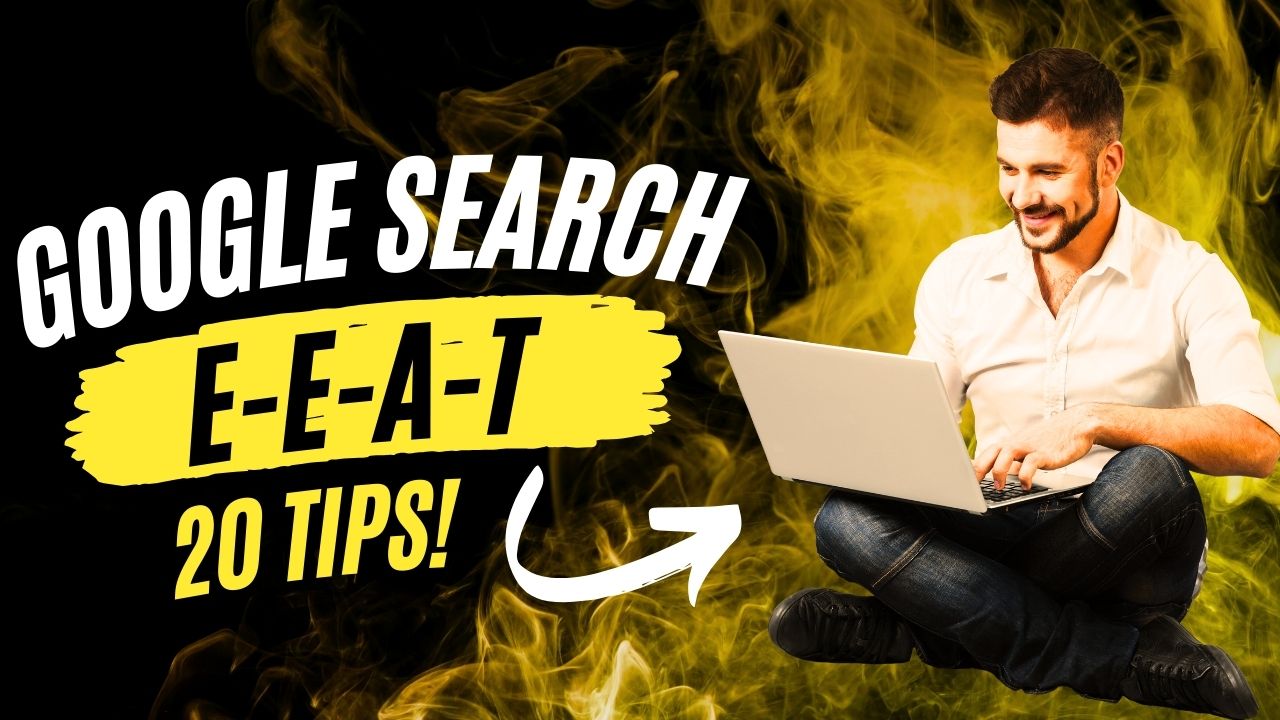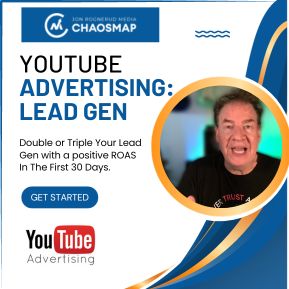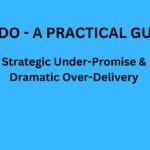Crafting high-quality content that meets the E-E-A-T (Experience, Expertise, Authoritativeness, Trustworthiness) criteria is essential for building trust with readers and search engines alike.
NOTE: “Experience” is a newer factor, from late 2022, and has to do with the content creator’s first-hand experience on the topic. (See search quality raters PDF for detailed background and more info)
Here’s a best practice bullet list of 20 things to consider for
E-E-A-T quality content development.
And, remember – you may include many of these and always keep in mind that they are interconnected and matter as an aggregate.
- Deep Research: Always start with thorough research. Use reputable sources and cite them when necessary.
- Author Credentials: Highlight the credentials of the content creator, especially if you are an expert in the field.
- Clear Writing: Ensure the content is well-written, free of jargon (unless industry-specific), and easy to understand.
- Up-to-Date Information: Regularly update content to ensure it reflects the most recent and accurate information.
- Avoid Misinformation: Double-check facts and avoid sharing unverified information.
- User Testimonials: If applicable, include real testimonials or case studies to back up claims.
- Transparent Sources: Clearly cite and link to all sources of information.
- Engage with Audience: Respond to comments and feedback to show that you value your audience’s input.
- Consistent Publishing: Maintain a regular publishing schedule to establish authority in your niche.
- Avoid Clickbait: Write genuine, informative headlines. Avoid sensationalism.
- Detailed Content: Go in-depth on topics, providing comprehensive information rather than surface-level content.
- Visual Aids: Use charts, infographics, and images to support and enhance the content.
- External and Internal Links: Link to reputable external sources and interlink to other relevant content on your site.
- Feedback Loop: Encourage feedback and be open to making corrections if errors are pointed out.
- Collaborate with Experts: Occasionally invite industry experts to contribute or review your content. If you have a podcast for example, translate and improve the audio into text on your webpage(s).
- Avoid Conflicts of Interest: Clearly disclose any affiliations, sponsorships, or potential conflicts of interest.
- Mobile Optimization: Ensure your content is easily readable and accessible on mobile devices.
- User Experience: Prioritize the user experience, ensuring fast load times, easy navigation, and a clean layout.
- Social Proof: Showcase endorsements, certifications, or affiliations that can boost your content’s trustworthiness.
- Continuous Learning: Stay updated with industry trends, attend workshops, and continuously improve your content creation skills.
Remember, E-E-A-T is not just about ticking boxes; it’s about genuinely providing value to your readers and establishing yourself as a trusted source of information in your field.
So, where do you start the E-E-A-T optimization process? Click here to learn more.
Jon Rognerud and Chaosmap work with Fortune 500 companies, associations and entrepreneurs to create digital traffic strategies that scale up members, customers, leads and sales with profitable returns. Mr. Rognerud wrote a best-selling book (Buy On Amazon), “The Ultimate Guide To Optimizing Your Website” (Entrepreneur). Connect directly here.







